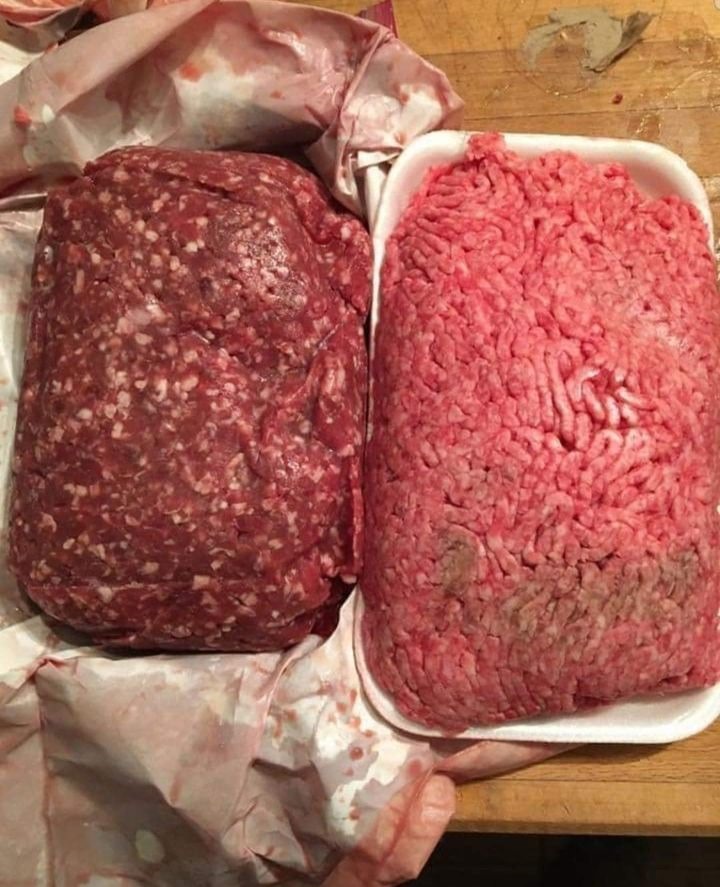ADVERTISEMENT
Beyond nutrition and appearance, the ethics of how beef is produced is a critical factor:
- Animal Welfare: Farm-raised cattle are often treated more humanely, with access to pastures, space to roam, and a diet that reflects their natural eating habits. In contrast, many store beef products come from feedlots where animals may be confined and have limited access to natural behaviors.
- Sustainability: Farm beef production generally emphasizes sustainable practices, including rotational grazing and organic farming methods, which are better for the environment. This approach not only improves soil health but also reduces the carbon footprint associated with beef production.
- Local Economy: Buying farm beef often supports local farmers and economies, contributing to a more sustainable food system and promoting regional agriculture.
How to Make Informed Choices
To ensure you’re making the best choices when purchasing beef, consider the following tips:
- Research Local Sources: Look for local farms or farmers’ markets where you can buy directly from the producer. This allows you to ask questions about their farming practices and the beef you’re purchasing.
- Read Labels: Familiarize yourself with beef labels. Look for terms like “grass-fed,” “pasture-raised,” and “organic” to ensure you’re getting quality meat.
- Ask Questions: Don’t hesitate to ask your butcher or store staff about the beef’s source. Knowing where your food comes from can help you feel confident in your purchase.
- Consider Cost vs. Quality: While farm beef may be more expensive, consider the value of quality, taste, and nutritional benefits over time. Investing in better beef can lead to a healthier lifestyle.
Conclusion
Understanding the differences between store beef and farm beef goes beyond just what meets the eye. From nutritional content to ethical considerations, being informed about your beef choices can lead to better health and support sustainable practices. By knowing what you’re buying, you can enjoy a richer, more flavorful experience while making responsible decisions that benefit both you and the environment. So, the next time you’re in the market for beef, remember to look closely, ask questions, and choose wisely!
ADVERTISEMENT
